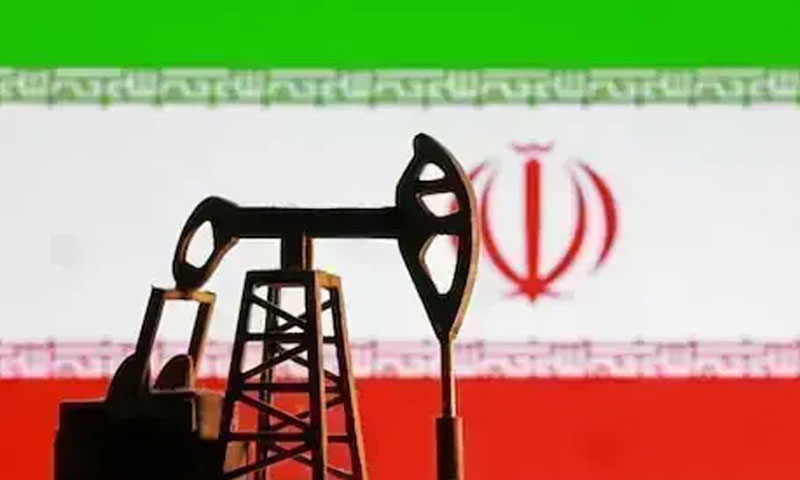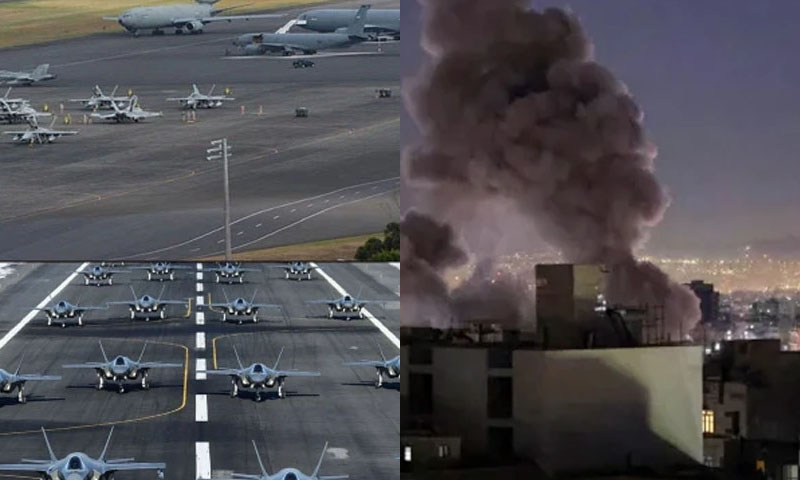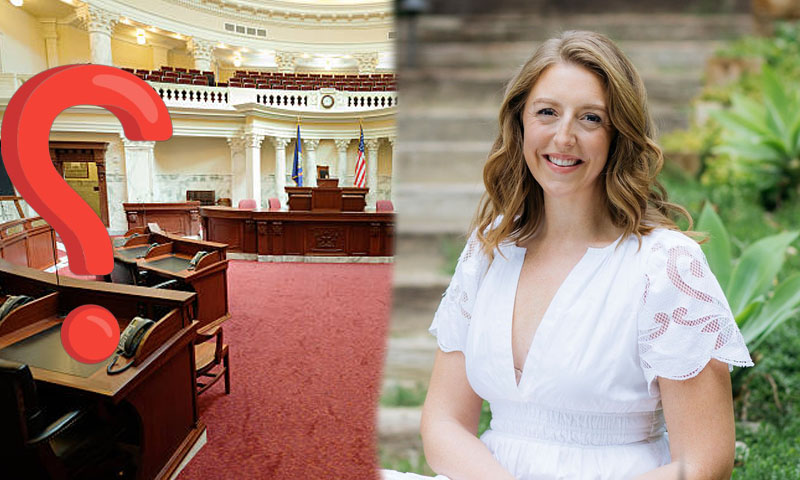- Web
- Today
Saudi FM’s statements reflect shifting policies towards Israel
-

- Maham Khan
- Jan 22, 2025

DAVOS: Saudi Arabia’s Foreign Minister, Prince Faisal bin Farhan, stated that any conflict between Iran and Israel was “unacceptable, under any circumstances” on Tuesday.
The Saudi FM called for diplomatic solutions during a recent appearance at the World Economic Forum (WEF) meeting in Davos, Switzerland.
Read more: Saudi Arabia cracks down on social media posts against Israel: reports
Faisal bin Farhan said he was hopeful that the incoming United States (US) president, Donald Trump, would actively engage in addressing the ongoing tensions between the two states in the Middle East.
The foreign minister also welcomed the recent ceasefire deal in Gaza between Israel and Hamas. He reaffirmed Saudi Arabia’s commitment to supporting the Palestinian cause.
The recent statement by a Saudi official belies the careening policy shifts of the conservative kingdom towards Israel. Earlier, US President Donald Trump expressed optimism regarding Saudi Arabia’s potential inclusion in the Abraham Accords – a series of agreements aimed at normalising relations between Israel and several Arab states.
Trump remarked, “I believe Saudi Arabia will eventually join the Abraham Accords”.

Traditionally, the autocratic regime’s stance against the occupying forces has been hostile, with the kingdom being one of the 28 states that refused to recognise Israel by 1950.
However, winds of change began to blow when Muhammad bin Salam (MBS) was announced as the Saudi Crown Prince in June 2017.
The first sign of trouble began just a year later when the kingdom’s de facto ruler made remarks that sent ripples around the globe. in an interview, Muhammad bin Salman stated that Jews had the right to a separate homeland. Many viewed this as indirect recognition of the state of Israel.
Since then, Saudi Arabia has given statements that either hint at normalisation of ties between the two states or vehemently opposing it.

In 2020, Saudi Arabia’s foreign minister indicated that the kingdom would not follow United Arab Emirates (UAE) in normalising relations with Israel until a peace agreement with the Palestinians was established.
The UAE and Bahrain’s recognition of Israel in recent years coincides with Trump’s ascendency to the White House in 2017.
In May 2022, the Saudi Crown Prince again made headlines by announcing an investment of a whopping $2 billion from the Saudi Public Investment Fund into the Israeli economy through Jared Kushner’s (Trump’s son-in-law) ‘Affinity Partners’ initiative.

The investment was followed by a visit from a delegation of Israeli business leaders to Saudi Arabia. A growing economic engagement is as good a start to formal diplomatic ties as any.
While some analysts have attributed Saudi Arabia’s evolving stance towards Israel primarily to security concerns (the perceived threat to the Wahabist kingdom from a rising Shia Iran), it also easily falls in line with the rest of changes brewing in the country since MBS rise to power.
Ever since becoming the Crown Prince, MBS issued a series of reforms, from lifting the ban on women’s driving to adopting a more relaxed stance towards women’s attire and modesty. He also pushed for a more relaxed approach towards religion, with cinemas finally seeing the light of the day.
Saudi Arabia also regularly now hosts sporting events and concerts.
And as climate change rears its ugly head, the crown prince has aimed to diversify his country’s economy. Under the Vision 2020, Saudi Arabia intends to develop its tourism, entertainment and technological sectors; it also invested heavily in the real estate sector.
To achieve all this, Saudi Arabia’s image needs a complete overhaul. The country suffers from a rather negative view in the Western world, with its treatment of women, death penalty, lack of freedom, among other factors, frequently criticised.
Muhamamd bin Salman’s more ‘moderate’ approach then fits right into this jigsaw puzzle, and what better way to court approval than the recognition of Israel?
Israel’s recognition has long been seen as one of biggest divides between the Western and the Muslim world. Bridging the gap will be pivotal: if Saudi Arabia recognises Israel, it could significantly improve its ties with the rich Western economies.
The United States and Israel also have a vested interest in Saudi recognition far more than any other country’s. The official title for the king of Saudi Arabia includes “Custodian of the Two Holy Mosques”, referring to the two mosques in Makkah and Madina, the holiest sites in Islam. The Ka’aba is also located within the kingdom, with the Saudi government responsible for the maintenance and protection of the holy site.
As the ‘centre’ of Islam, the country’s recognition of Israel would deal the biggest blow to the Palestinian cause. It would also diminish the impact of the over 30, predominantly Muslim countries that currently refuse to recognise Israel.
Saudi Arabia’s willingness to recognise Israel also reflects the shared concerns of both states regarding their rivalry with Iran.

Both share a mutual distrust of Iran, and are vested heavily in countering its influence within the Middle East. Israel has targeted Iran’s nuclear programme for a decade now, even killing one of its leading nuclear scientists.
Israel’s military capabilities have, without a doubt, drawn Saudi’s interests. There have been reports of cooperation via third parties to improve the kingdom’s cybersecurity sector.
In September 2023, MBS stated that, “Every day we get closer” to reaching an agreement in recognising Israel. While he was quick to add that the Palestinian issue needed to be resolved, this has been one of most direct statements from the Crown Prince yet.
By March 2024, US Secretary of State, Anthony Blinken, was confident in normalising ties between the two Middle Eastern states. Blinken stated that the US and Saudi Arabia has made significant progress in discussions surrounding Israel’s recognition. Then in December 2024, the State Secretary directly remarked that he hoped Donald Trump would continue efforts to normalise relations between Saudi Arabia and Israel.
The crown prince’s ambitious plans have not been without repercussions, however. He voiced concerns for his safety in August last year, claiming that his “diplomatic initiatives” to foster relations between the two states had put his life in ‘jeopardy’.
Read more: Muhammad bin Salman tells Blinken he ‘doesn’t care’ about Palestinian issue
While the kingdom goes through significant changes under MBS, recognition of Israel will remain elusive until the Palestinian question is addressed. The kingdom can navigate diplomatic pressures as it toes the line, but risks alienating and angering nearly 2 billion Muslims globally.




